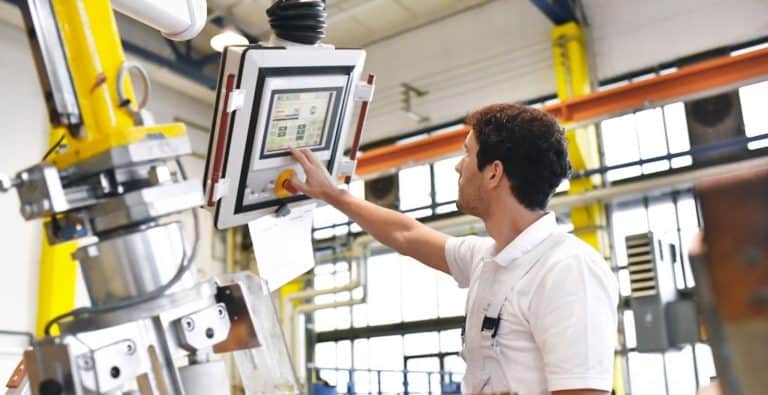Recently I posted on SHIFT about evaluation. The evaluation circumstance I talked about is really just one semi-formal way of realising that real situations are often bigger than the way we choose (initially) to look at them.
Table of Contents
ToggleIn the spring we went on a short break – and it made me think on how our expectations and criteria setting can fail to deliver the whole story – because this place was more than the sum of its parts. In fact it was a bit of a lesson in the power of perception.
OK, so let’s start at the beginning – how do you judge a hotel? Well, you think about the things that matter and you score them, let’s say out of 10. For a hotel then, we might have things like comfortable beds, good food, car parking and so on. Now I could score our hotel on that kind of criteria:
Food – 6/10: good, but a bit predictable, safe and overpriced
Beds – 5/10: comfortable enough for decent sleep but aware of the odd spring here and there
Car Park – 7/10: enough open space, gravelled in parts, near the door, some mud.
I knew the hotel was ‘dog friendly’ because that was the first criteria put in when I searched for somewhere to stay in the area.
But never mind the scores, the place was great – although I can’t exactly tell you why in a way that makes total self-contained sense. It just felt right, much like the way I felt about Melbourne in my first hour of walking around 20 years ago. I can’t tell you why Melbourne is still my favourite city – certainly not by taking the city’s attributes to pieces and scoring them individually. Somehow it just works for me as a whole.
And the Suie Lodge hotel worked the same way. It just felt comfortable – for us and the dog!
How might this relate to ITSM?
This all seemed to me just a lovely example of how, whatever you think you might want and whatever you think you are delivering, the factors that make the service well received might be things you hadn’t thought about. Or they may be things you can’t control. Triggered a few questions that I realised have wider application.
Would we have loved the hotel if the weather hadn’t been good (dry all 3 days – in Scotland!)? To make real sense of things like customer satisfaction then we have to measure and cross-refer to the uncontrolled external influences because they might actually have more impact on customer perception than the service itself.
For a hotel, if they measure (by asking) overall customer happiness with their stay, what factors might be useful – some that come quickly to mind might be:
- Weather – bearing in mind that some might want sunshine, and some might want snow
- Traffic conditions, less likely to like place if you arrive in a bad temper
- Who else is staying in the hotel – loud, friendly, young old – all might affect a guest’s comfort level
Well, we could go on; but we aren’t really concerned about hotels of course.
We all suffer, or benefit, from external factors
What are the equivalent factors for those using the services that you provide? Do you publish it along with your performance figures?
Certainly those things that you can’t control but which your customers might hold you to be responsible for are important to capture for your own ongoing management decisions and policies. Things like network provider performance. Can you map satisfaction with an IT service against network issues? Probably, but other factors like the pressure being placed on your customers by things like workload, missing performance targets, global recessions etc are bound to have a knock-on effect on how content they are with your service provision. So they are certainly useful things to capture and to know. Of course, they aren’t necessarily that easy to measure, but then who said the best things are easy?
This isn’t an escape clause, not an external factor you can quote to escape from blame. Quite the opposite in a way, they are the kinds of factor you should be aware of and use to drive efforts for more directed customer and user support at times when you know you are going to have more unhappy customers than usual.
Just because you can’t control things, doesn’t mean you shouldn’t notice them.
After all, what would you think of a local government’s roads division who, charged with keeping the roads usable in the winter, didn’t keep records of how much it had snowed to judge their costs and customer comment profile against? And recall how government figures – on things like unemployment and financial growth – always seem to be ‘seasonally adjusted’. That sounds like taking external factors and building them in even before you publish. But then again, for your performances might that feel a little like cheating?
PS – The phrase ‘Bless the Weather’ is, for me, associated with the late, great John Martyn’s song www.youtube.com/watch?v=hqVDXsFWL18. A wonderful evocation of how we are, in turn, both blessed and cursed by factors beyond our control.






